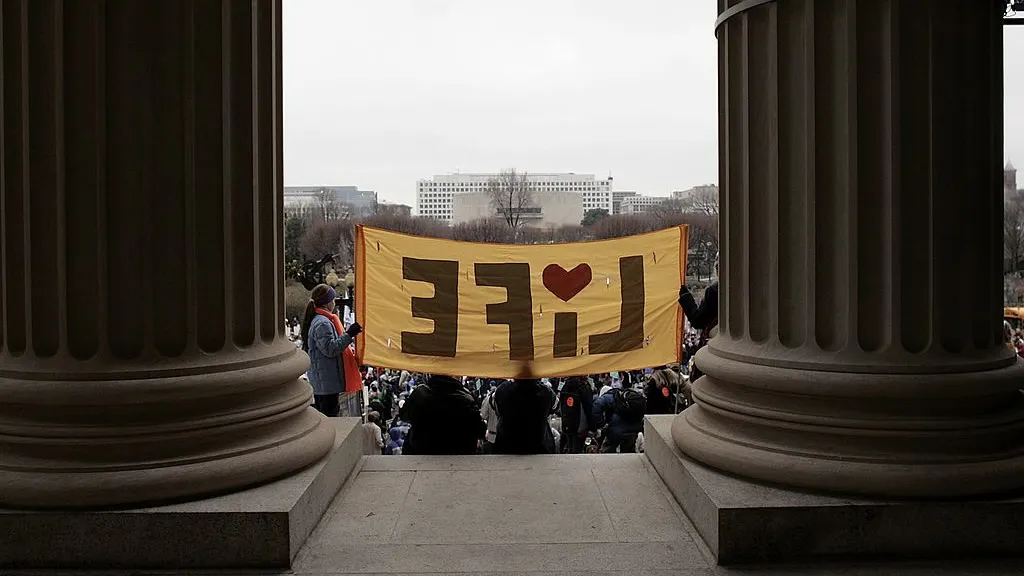On Wednesday, the Supreme Court heard arguments concerning a case regarding a Mississippi abortion law that could have massive implications for pro-life laws in the country as experts now predict the landmark 1973 Roe v. Wade decision could be overturned.
The Daily Wire spoke with Professor Sherif Girgis, associate professor of law at Notre Dame Law School, who was a former law clerk to Justice Samuel Alito. Girgis described his predictions about the case and what a decision could mean going forward.
Girgis told The Daily Wire, “I think there are a lot of close court watchers who would have said at 9:59 [before the arguments began] that there’s no chance the court overturns Roe, but would now tell you that’s the likeliest outcome.”
“Justice Kavanaugh is widely seen as the swing vote and everything he said signaled that he thought this is an issue that belongs to the states and that the states can be trusted to deal with the moral complexity and the competing values. Justice Barrett repeatedly pointed out the ways in which adoption undermines a lot of the constitutional arguments for a right to an abortion under the 14th Amendment,” he added.
“Justice Alito exposed the serious weaknesses in the few historical arguments that are ever offered for [a] supposed constitutional right to an abortion,” he said, noting that the arguments on the other side were “unusually weak and muted” compared to what he had expected.
Girgis also pointed out how Chief Justice John Roberts repeatedly asked if there was “a middle ground, a way to uphold the law without overturning Roe, and was repeatedly rebuffed” as he noted the pro-abortion lawyers made the claim that this is an all-or-nothing issue and there is no middle ground.
He said he believes that the court will overturn both Roe and Casey and say abortion laws are only subject to “rational basis review” and that this is essentially an issue for the states.
If Roe is overturned, Girgis said states will respond in different ways, noting, “you’ll see a variety of things. You’ll see federalism at work.”
The case, Dobbs v. Jackson Women’s Health Organization, concerns a 2018 law in Mississippi that bans most abortions after 15 weeks of pregnancy. As the law stands now, Roe v. Wade and the decisions that came after it hold that states have to allow a woman to be able to get an abortion up to the point of viability, or when the baby can survive on its own outside the womb. Most states hold this mark at around 20 to 24 weeks, so the Mississippi law is a direct violation.
Mississippi said in its original petition that the questions presented to the Court do not require them to overturn Roe or Planned Parenthood v. Casey. In its brief in July, however, the state wrote, “Roe and Casey are egregiously wrong” and said the court should overrule those decisions.
Many are asking why this case, in particular, is so important and being watched so closely. It has to do with the Supreme Court and the question they plan to consider.
When the Supreme Court agreed to hear the Mississippi case, it said it would consider the question of “[w]hether all pre-viability prohibitions on elective abortions are unconstitutional,” meaning that with this decision, they could rule that states can make their own laws regarding abortion again — even possibly banning it up to the point of conception. The high court could give power back to the states to restrict abortion like they were able to do prior to the 1973 Roe v. Wade ruling.

.png)
.png)

